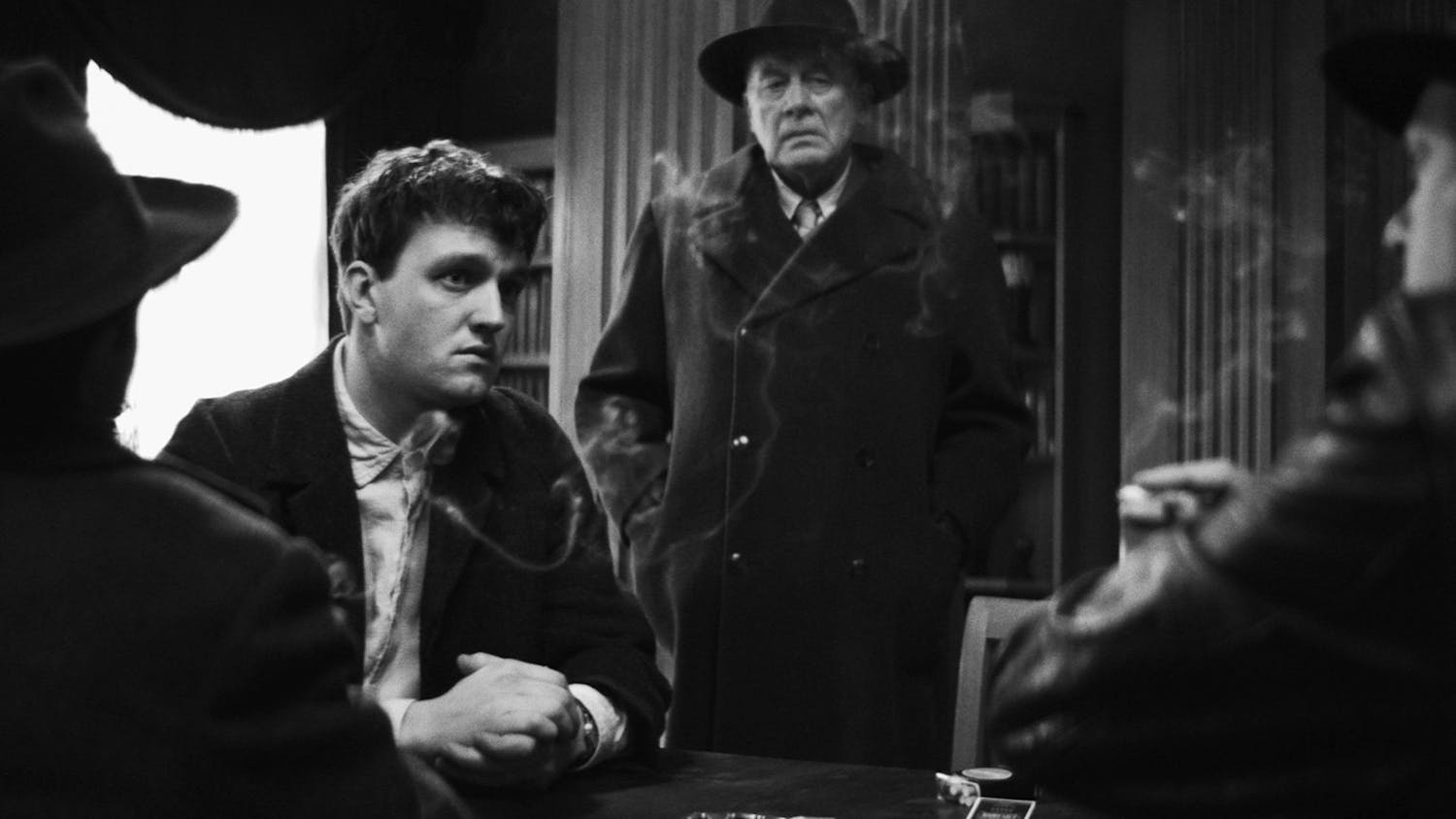Freedom finds its way into 2016 through music, when the effort of our political campaigns won’t do. Four years since her Girl On Fire release, Alicia Keys returns with a vengeance on HERE, an appraisal of love, the truth of depression and the beauty of blackness. A reflective Keys is featured on the album cover with an untamed afro and bare face. She is a more aware and calm Alicia Keys, an honest one.
I remember being on the subway in New York about a week ago, glancing at Alicia Key’s photo from across the subway seat. A bit lost, but appreciative, I wonder how impactful this album will be to an audience in dire need of validation that the country we call home now, will still be for us after this election.
The protest begins the moment we wake up and carries into the night. “The Gospel,” opens the album with a borderline rap song. It moves like a march. The song features sharp enunciations and cutthroat questions from Keys.
“If you ain’t in the battle, how you gon’ win the fight?” Keys rallies her audience like a movement and the political action is in our hands.
In an effort to forgive others, you must be willing to accept their flaws with your own. Alicia Keys accomplishes this sentiment in “Pawn It All.” The song is a dire need to begin again. With a slow, grooving piano ballad, she finds no shame in leaving all the materialistic things behind, if she can love freely. Keys explores her vocal range as she gives all the reasons to keep living.
Love finds itself broken on “Illusion Of Bliss,” but Alicia Keys embraces the storm before the lightning strikes. The moment that the song invokes is a daunting scream, a borderline narrative of a drug addict spiraling down. Salvation belts near the conclusion of the song. Keys declares, “Won't somebody see me when I can't see myself / Won't somebody listen before I need help” as the sirens fill the background. It’s imperfectly honest, the subliminal message of being killed by the police; We see ourselves just the same and arguably just as afraid.
The hardest part of accepting love is knowing that someone may not always be able to love all of you. Self-love spreads like wildfire on “Girl Can’t Be Herself,” an anthem of growth and working past doubt and insecurities. The song references Keys’ efforts to inspire a make-up free movement earlier in the year. The emotions of self-love recall us to the root of it all.
“You Glow (Interlude)” sets us in a classroom, when the topic of whiteness is presented after another black or brown body is killed. As a 30-second history lesson, the interlude discusses the seat placement of a black girl in the back of the classroom. Keys creates a moment for history to teach itself from its own mistakes, only this time, the white man isn’t deciding what’s being written.
The burden of social pressures and the way society dictates what’s respectable justifies the boundaries that we must create in order to keep ourselves safe. “Where Do We Begin” is a narrative about a woman in a relationship with another woman. The subject does not know how the world will react, and questions what direction her life will take if she allows herself to love and know herself. The lyric, “Healing begins when you want it to,” relays the theme perfectly.
“Holy War” is the journey of loving someone else better. It’s the personal and political entities that make America simultaneously a home and waging war. An acoustic guitar chimes in as Keys advises, “maybe we should love somebody, instead of polishing the bones of holy war,” a continuation that lives outside the walls of racism and the barriers constructed against brown and black bodies. The track features minimal musical arrangements and explores Keys’ dynamic vocal range. It gives us a glass half-empty Alicia Keys posing an open interpretation for what truly matters in America. She proclaims, “If war is holy and sex is obscene / We've got it twisted in this lucid dream.” Her lyrics, “Baptized in boundaries, schooled in sin / Divided by difference, sexuality and skin,” reveals that we are presented with the barriers that have maintained social hierarchy in our country since the establishment of “rights.”
HERE is vocally imperfect, soulful and percussion filled. It refines what it means to be personal and patient. The singer-songwriter poses the questions, why is she “here?” What does she do differently than she did fifteen years ago? What makes this album different? HERE answers this question in risk. Alicia Keys has given herself the time to unpack the issues found in her own personal life and the world. Compassion is found in “Here,” as a way to forgive and rebuild. HERE is personal, political and full of healing. It shares a story of life and the assurance that the dreams and goals we set for each other are only as far as we allow them to be. Keys gives us hope, as people of color, that the fight isn’t over. The album is meant to be heard from beginning to end. It’s a book, a home, a romantic New York City skyline. But ultimately, it’s an encounter with life.






